A farmer from Togo who chose the tiny Alpine hamlet of La Sagne as his home 15 years ago, cultivates his land just as passionately as he cultivates his love for music – and both to great success.
The way to La Sagne?! Start in Nice and go in a northwesterly direction as the picturesque Alpine foothills fly by. Keep going toward Briançonnet and St. Auban for about two hours. And then keep going some more. At the very end of a long and winding mountain pass, you’ll finally get to La Sagne, altitude 1,120 meters, population 23. This is where Pierre Koffi Alanda – or Péka to his friends.
Péka has become somewhat of a legend far beyond the confines of La Sagne – he is greatly appreciated throughout the Maritime-Alps department not only for his excellent organic produce but also for his musical talent and his unlikely life story that took him from a small town in Western Togo to an even smaller hamlet in the French Alps. We went in quest of discovery, and found a charming, humble man with quite the tale to tell.
A quick geography refresher first because it says a lot about the Togolese people: The small country of Togo – which covers less than two-thirds of the surface of Austria – is sandwiched between Ghana and Benin in Western Africa. Previously quite prosperous thanks to its fertile soil, it was once nicknamed the “Switzerland of Africa”. But then the colonists came to “Togoland” – Germany opened the ball in the late 19th century, followed by the French and Brits, and the latter two powers divided the country between them in 1919. Only in 1960 became independent under the new name of Togo. While its history is fascinating, it also forced its people to adapt to ever-changing circumstances and be resourceful. What they all share is a deep love for their fields. Qualities that Péka carries in his DNA and that have served him well…
We are in the late 1970s: Péka is one of 12 children born to a shopkeeper in the pretty touristy town of Kpalimé in Southwestern Togo. He grows up with the two sisters his mother has with his father. From a young age on, he helps out in his family’s fields. He does well in school but as he is born with a cleft palate, he suffers from a speech impediment. To avoid his classmates’ relentless teasing and to improve his enunciation, he resorts to singing. Looking toward the future, he would love to embark on a career as an airplane mechanic but his impaired speech does not allow that, and so he pursues the other thing he loves, working the land.
In 2002, Péka arrives in France for an internship in his chosen professional field, organic agriculture. During that time, he interns with Pierre Fabre, a local produce grower in La Sagne for three months. Gregarious and open-minded, he makes friends wherever he goes. The following year, he comes back to France again to undergo successful surgery for his cleft palate. He also finishes his diploma at the University of Toulouse and then returns to Togo.
But La Sagne has a magical pull on him, and he keeps coming back on vacation time and again. In 2008, he learns that the farm he is so attached to needs a successor, and his mentor Pierre Fabre asks him if he were interested to stay in this village of seven inhabitants (at the time). There was not a moment’s hesitation in his mind… and in 2010 he officially takes over, and has been exploiting the organic vegetable farm ever since. Talk about growing roots…
Today, he grows over 30 different kinds of seasonal fruit and vegetables, including a couple of varieties that you would typically only find in Western Africa. This is to encourage the exchange of cultures, Péka explains. He also offers preserves, dried fruits and herbs. Everything is strictly organic of course. Pesticides, chemical fertilizers? Don’t even think about it! Pierre takes his “bio” label seriously and also only sells regionally, although he has recently expanded his range of services to delivery, even as far as Grasse, and shipping. PACA’s small-scale farms remind him of the ones back home, although the soil is of course quite different, as is the use of tractors and machinery.
It’s hard work to manage a plot of 6.35 hectares (15.7 acres) alone, as Pierre does, apart from the help of some summer interns. But he loves it and has nothing but fondness for his chosen home – year round. Does the harsh Alpine winter not bother this African? “Not at all!”, he says. “Winter is my favourite season. It’s a time of turning inward, admiring the beauty around me, and spending time on other things that mean a lot to me.”
Those other things, apart from writing his autobiography, include singing. Music has been his constant companion from an early age as an ally against bullying and to create his own way of expressing himself. And over the years Péka has become an accomplished artist.
When he first arrived in France from Togo, Pierre already joined the village choir. But ever since taking over the farm in La Sagne, his desire to share his story has grown, and he wants to do it with music. Together with Anna Cosima Jentzsch, a German artist who accompanies him in this process, he has been touring theatres, singing and playing percussions every chance he gets. Cosima – putting her talent and training in plastic arts, theatre, and scriptwriting to good use – slips in the role of “griot”, the traditional African storyteller.
Several shows were planned for early 2022 in Grasse and Mouans-Sartoux (06) but had to be postponed to September of this year due to the sanitary situation. But this teaser whets the appetite:
Following the success of his show “Les chants dans les champs“ and a crowdfunding campaign, Péka now also just published his first album, Kokoriako. The 13 songs, sung in a mix of Ewe (his mother tongue) and French, are an ode to his French home village of La Sagne but the music has a decidedly West African flavour, tapping into the rich, earthy sounds of the n’goni, kalimba, gombo, xylophone, maracas, udu, water drum, and half a dozen other instruments.
What’s the link between “champ et chant” (a French play on words, translating to “field and music”)? Culture and agriculture are values that connect people everywhere, says the charismatic farmer who for his trademark cowboy look might pass as an American rancher. “My fields are a work of art, an open-air opera.” Both his fields and his music are meant to invite people to accompany him on a journey. His songs are also an appeal to the young generation to follow in the footsteps of those who work the land. He believes in encouraging just like he believes in generosity and sharing: “We are armour for each other, to think of what I can bring to the other is to believe in what I am,” he says with philosophical flair.
Music, and art in general, is also a great healer after the social shock our society underwent during the pandemic, which he reckons to be even greater than the economic shock. “We have to put culture at the heart of everything to mitigate the damage. Culture is an indispensable remedy to get out of these two complicated years because it is the space capable of absorbing all social levels.” Introspection is also crucial: “We also have to question ourselves who we are, what we want, and what we can bring to others – because ‘the other’, that is me, you, each of us.”
Péka is deeply appreciative of the opportunities offered to him in a land so far from his own, so different and yet so similar in many ways. That is also why he takes an active part in his community’s life, far beyond growing and selling veggies – in public functions and advocacy roles. His commitment on so many levels has been recognized with local and regional awards, and even the National Prize of the Government of Togo. But in his typical generous way he often draws attention to those less fortunate than him. “In Togo, agricultural work lacks mechanisation, and almost all farm activities are done manually. There is still a long way to go to professionalize this kind of work and above all, make it attractive.” A quiet reminder for Western impact investors to step up to the plate?
Despite having grown roots in PACA, is there anything Péka misses from his native land, we want to know. His answer, unsurprisingly: “My parents.” And would he ever consider returning to Togo? “My property here has really changed my life. I arrived in the Alpes-Maritimes just 20 years ago as an intern, now I am a farmer, an agricultural professional. But I will feel at home wherever I can cultivate the land. My will to exist is my motivation to create my existence.”
Sharing, teaching, and inspiring is what it’s all about, the location is secondary. “I would be just as happy in Germany or in Canada, as long as I can dig my hands in the soil.” And sing, of course. Giving concerts and holding conferences on sustainable agriculture overseas is the next goal this bundle of raw energy has set for himself. And there is no doubt he will do so before long.
Pierre Koffi Alanda’s album Kokoriako is available here.
Follow the Singing Farmer on social media: Facebook | Instagram | Twitter
All photos and videos courtesy Pierre Koffi Alanda


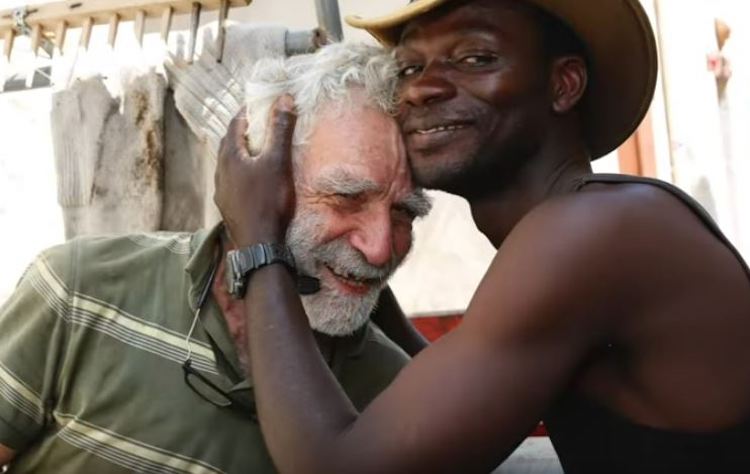
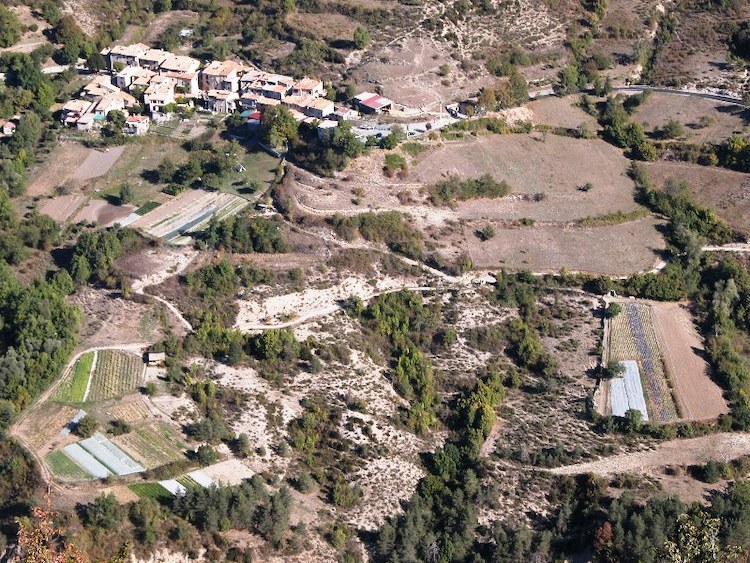
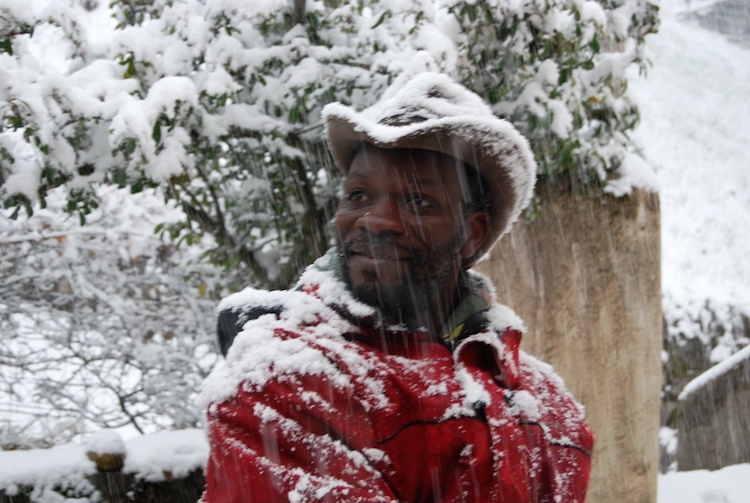
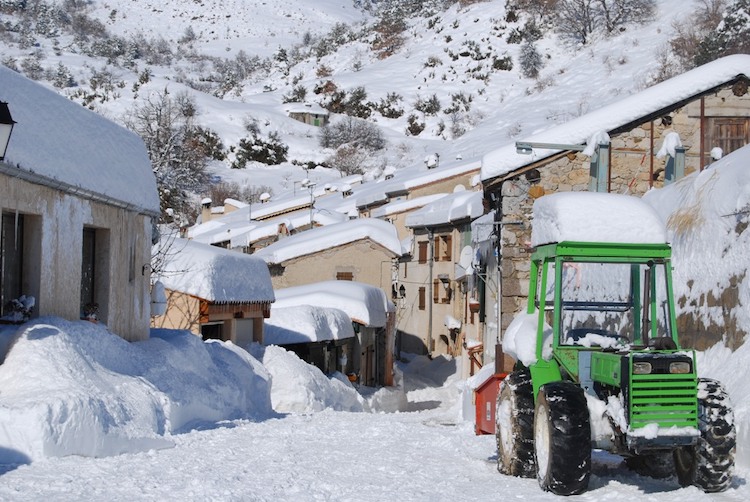
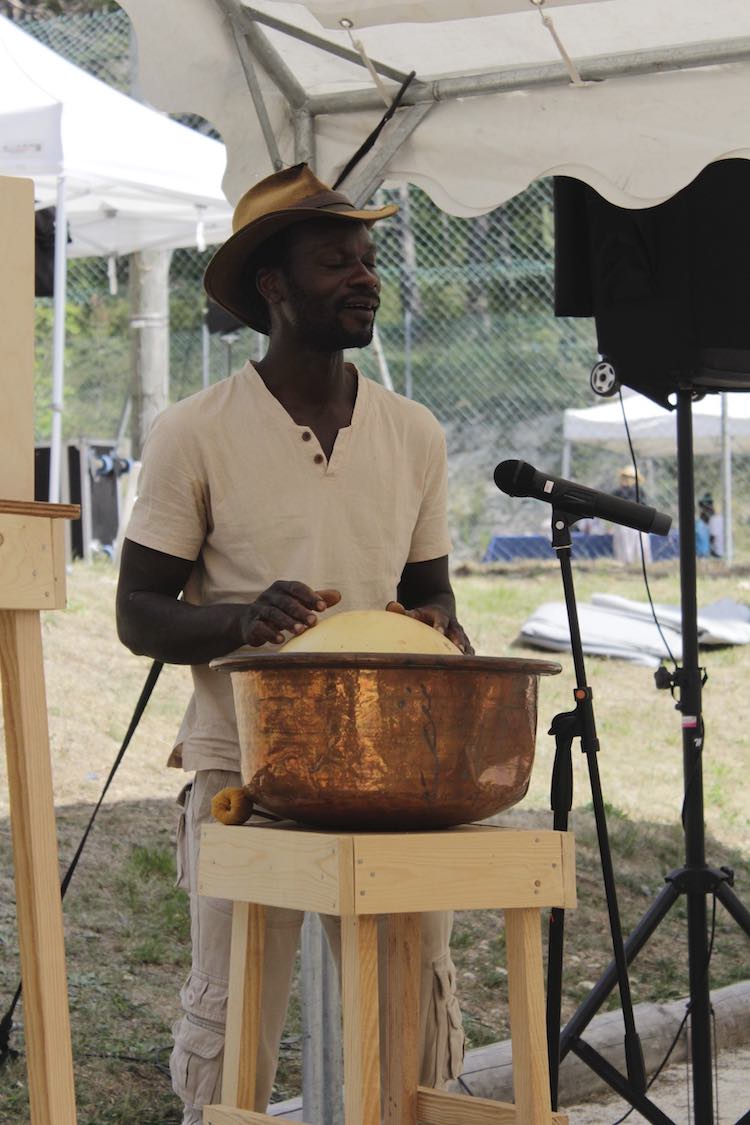
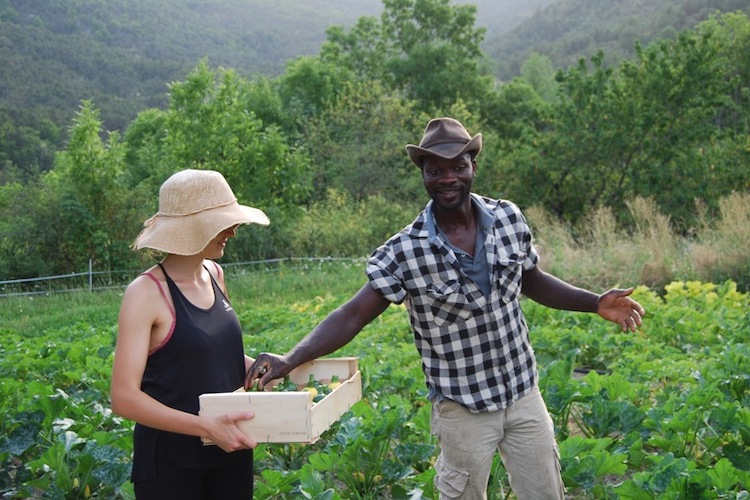
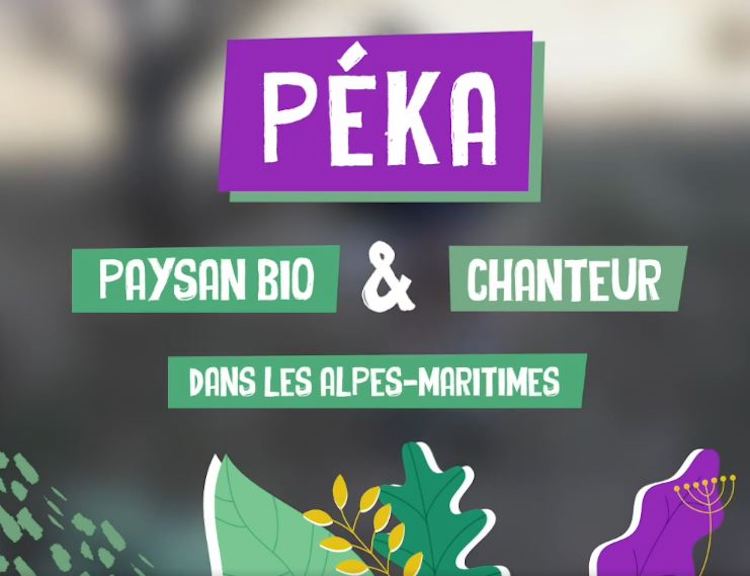
Leave a Reply